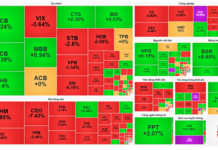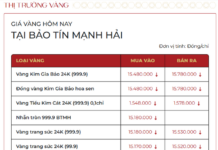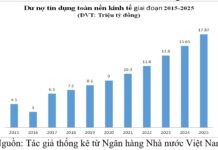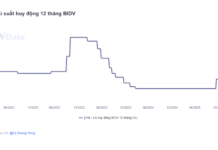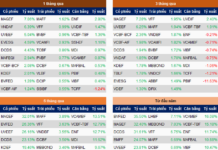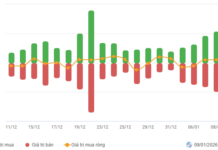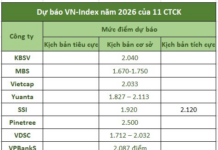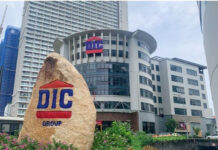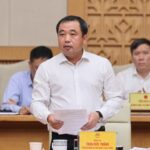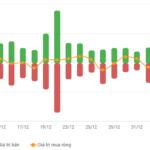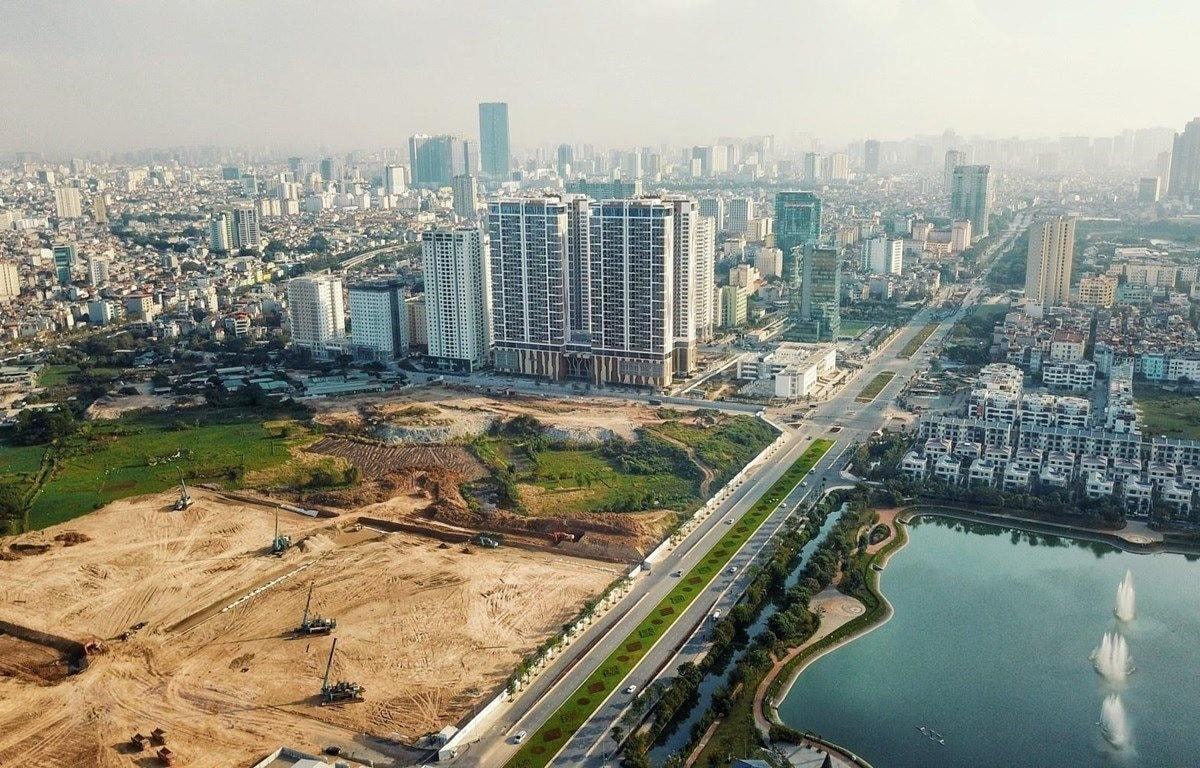
Illustrative image.
In the draft resolution submitted to the National Assembly, outlining mechanisms and policies to address challenges in implementing the 2024 Land Law, the Ministry of Agriculture and Environment acknowledges ongoing issues in land valuation.
Experts emphasize that land prices significantly impact the real estate market and the broader socio-economic landscape. A transparent, scientific, and synchronized mechanism is essential to align land prices with their true value, fostering sustainable development.
State-driven land pricing based on market mechanisms
Commenting on amendments to the 2024 Land Law, Mr. Nguyễn Tiến Thỏa, Chairman of the Vietnam Valuation Association (VVA), advocates retaining Articles 158, 159, 160, and 162 in Chapter 2 on Land Pricing of the current law.
Instead of revisions, VVA suggests the government provide detailed guidance on these articles to better address practical requirements after a year of implementation.
The existing land pricing provisions in the Land Law align with land price theories and guidelines from the International Valuation Standards Council, of which Vietnam’s valuation sector is a member. These provisions have proven compatible with Vietnam’s land market dynamics and comply with directives from the Politburo (Resolutions 18-NQ/TW and 69-NQ/TW).
Mr. Thỏa notes that the 6th National Party Congress established comprehensive reforms, ushering in a new development phase with a multi-sector market economy under state regulation. This framework culminates in a socialist-oriented market economy.
As land use rights function as market commodities, their pricing must adhere to market principles. In this system, prices are central, shaped by objective economic signals such as supply and demand, monetary circulation, and competition. Regardless of the pricing authority—even the state—market principles must be respected, an objective requirement in a market economy.
VVA asserts that while the state, as the land owner’s representative, has pricing authority, market-based pricing does not contradict state economic management in the current system.
“Reverting to administrative, non-market pricing due to concerns about market mechanism consequences would create a dual system of ‘subsidized prices’ and ‘market prices.’ This would destabilize the market, encourage underground activities, and increase rent-seeking risks,” warns Mr. Thỏa.
Proposing market-independent land pricing
Mr. Ngô Gia Cường, Director of Vietnam Appraisal and Valuation Company (VAI), highlights challenges in applying standard valuation methods for production or commercial land, often relying on proportional adjustments relative to residential land prices.
Many localities’ land price tables still use this approach, indicating non-compliance with the Land Law’s valuation method requirements. This suggests that market-based pricing for the 2026 cycle may face similar limitations despite the removal of land price brackets in the 2024 Land Law.
Mr. Cường proposes establishing distinct land pricing principles for price table development, separate from market-based principles for specific land transactions. This approach would align with theoretical frameworks, avoid policy fluctuations, and provide legal clarity for localities to develop price tables that stabilize budgets without disrupting stakeholders.
Market-independent price table development would stabilize production costs for economic entities and shield financial obligations from the volatile and cyclical Vietnamese real estate market.
Need for a national land price framework
Dr. Nguyễn Sĩ Dũng, former Vice Chairman of the National Assembly Office, advocates for a national land price framework developed by an independent valuation council using comprehensive data, expert consultation, and rigorous oversight. Localized pricing risks group interests, he warns.
A unified national land database is crucial, recording transactions, taxes, and credit in real time to reflect supply and demand accurately and curb speculative activities.
To deter speculation, Dr. Dũng suggests progressive taxes on idle land or short-term transactions, along with mechanisms to capture land value increases from public infrastructure investments for public benefit.
He also recommends allowing civil transaction prices to deviate within reasonable limits from state prices, balancing flexibility with stability.
Land prices should reduce housing costs
Mr. Lê Hoàng Châu, Chairman of the Ho Chi Minh City Real Estate Association, emphasizes land costs as key economic inputs. Reducing housing prices requires the state to balance land revenue with market stability, addressing current disparities affecting businesses, citizens, and the economy.
Revising land price table regulations and adjustment coefficients is essential to ensure state pricing authority in the primary land market, preventing state prices from lagging behind market dynamics. Secondary market transactions should be market-driven, with state regulation through taxes.
Mr. Châu cites unreasonable land use fees, such as a household in Ho Chi Minh City paying VND 14 billion for a 400 m² land conversion, highlighting the need for reform.
Rising land rents increase logistics costs, elevating goods and services prices and reducing economic competitiveness, he adds.
Land prices must balance all interests
Attorney Trương Anh Tú of TAT Law Firm stresses that land prices should balance state revenue, business profitability, market dynamics, and citizen affordability. Transparency in valuation processes, including public access to pricing data and formulas, is crucial for fairness and compliance.
An independent valuation council with diverse expertise is needed to ensure objective pricing, allowing citizens and businesses to understand and accept state valuations based on actual transactions rather than rigid frameworks.
5-year land price table cycle proposed
Mr. Võ Anh Tuấn, Deputy Director of the Land Management Department, notes that the first land price table will be released in 2026, with a 5-year validity period and annual adjustment factors. This phased approach aims to minimize shocks from administrative consolidations and ensure timely, equitable adjustments.
He acknowledges past challenges, such as high fees for agricultural-to-residential land conversions, and confirms ongoing revisions to Decree 71/2024/NĐ-CP and the Land Law to address these issues.
Why Nearly 100,000 Apartments in Ho Chi Minh City Remain Without Land Ownership Certificates
During the period from 2007 to 2010, data collection for land valuation purposes was nearly impossible, leaving 84 land allocation and land-use conversion files for real estate projects unpriced to this day. As a result, nearly 100,000 apartments remain without land-use right certificates (commonly known as “sổ hồng”).
Joyful News for 84,000 Households in Ho Chi Minh City
Overcoming obstacles in projects isn’t just a win for thousands of customers—it’s a significant boost to Ho Chi Minh City’s budget revenue.


